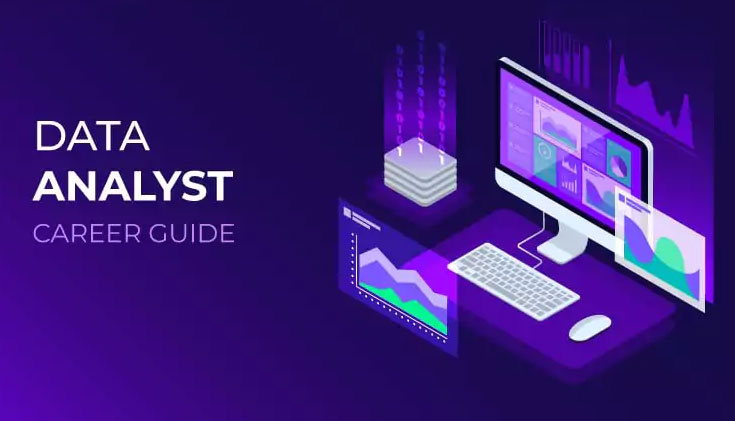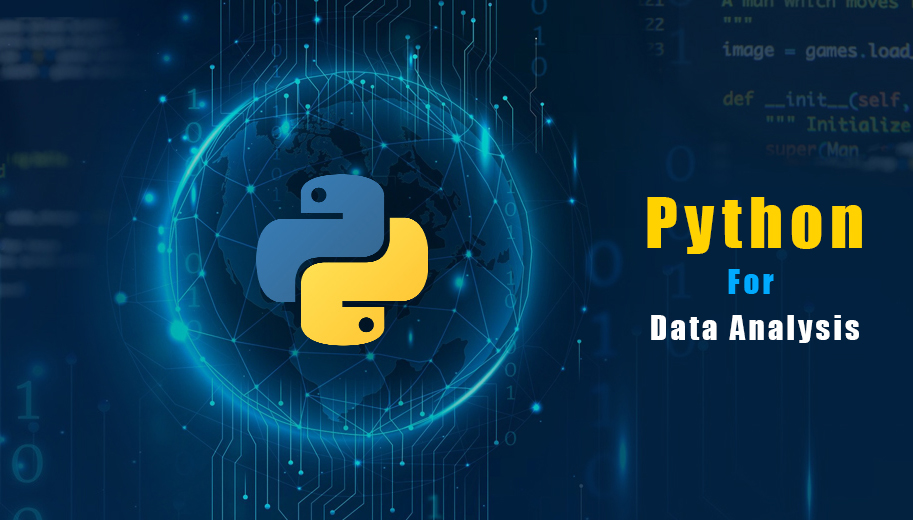Yes, you can transition into a data analyst role even with a marketing background. In fact, your existing knowledge of customer behavior, consumer trends, and business strategy gives you a strong foundation in the data analytics field. As a data analyst, your role extends beyond working with numbers—you solve real business problems by turning raw data into actionable insights.

Start by Building Technical Skills
Coming from a marketing background can be an asset, but you’ll need to acquire the core technical skills required for a data analyst role:
- Excel: Master advanced formulas, pivot tables, and even basic automation with VBA.
- SQL: Essential for querying and managing structured data from databases.
- Statistics: Understand key concepts like mean, median, standard deviation, correlation, and linear regression.
- Programming: Learn Python or R to clean, analyze, and visualize data. Libraries such as pandas, numpy, matplotlib, and seaborn are widely used.
- Data Visualization: Get hands-on experience with tools like Tableau, Power BI, or Python-based visualization libraries to present insights effectively.
Leverage Your Marketing Projects
You don’t need to start from scratch. Use your past marketing work as a basis for practical projects:
- Analyze performance data from previous campaigns.
- Collect data from web or social media platforms.
- Clean and prepare the data using Excel or Python.
- Use Power BI or Tableau to build interactive dashboards.
These real-world examples can form a strong part of your data analytics portfolio.
Create a Personal Portfolio
Your portfolio is your proof of capability. Use it to showcase your practical work:
- Upload your analysis notebooks and code to GitHub or GitLab.
- Share dashboards on Tableau Public or Power BI Service.
- Include a write-up explaining your problem statement, tools used, insights derived, and business impact.
A well-curated portfolio significantly increases your chances of getting noticed by hiring managers.
Gain Hands-On Experience
Real-world experience is key. Start with:
- Internships or entry-level roles, even at startups or NGOs.
- Freelance projects on platforms like Upwork or Freelancer.
- Participating in data challenges on Kaggle or Hackathons to build exposure.
Understand the Business & Communicate Clearly
Your marketing experience already gives you a head start in understanding business goals. Now, focus on:
- Asking the right questions: What is the business trying to solve? What metrics matter?
- Communicating findings clearly to non-technical teams so they can take action.
- Practicing storytelling with data to influence decision-making.
Network with Industry Professionals
Networking can open many doors:
- Join LinkedIn groups, Slack communities, and attend local meetups.
- Follow data professionals to learn from their content and share your own insights.
- Reach out for mentorship or guidance—many professionals are open to helping newcomers.
Apply for the Right Roles
Start with roles that align with your background:
- Marketing Data Analyst
- Digital Analyst
- Business Intelligence Analyst (Entry-Level)
- Reporting Analyst
Emphasize your marketing insights along with your technical skills and project work.
Prepare Thoroughly for Interviews
To succeed in data analyst interviews:
- Practice SQL queries and Python scripts.
- Review basic to intermediate statistics and data interpretation.
- Prepare for case-study style questions where you’re asked to draw insights from a dataset.
- Be ready for behavioral questions focused on teamwork, communication, and business problem-solving.
Conclusion: A Marketing Degree Is Not a Barrier
Data analytics is one of the most in-demand careers today. Organizations across industries rely on data-driven decisions, and professionals who can extract and communicate insights are highly valued.
Your background in marketing equips you with domain knowledge and business acumen. By gaining the right technical skills and showcasing your abilities through projects and a strong portfolio, you can successfully transition into the data analytics field to take data analytics course from Console Flare/.
To accelerate your journey, consider enrolling in a structured learning program like Console Flare. You’ll receive hands-on training from industry experts, work on real datasets, and receive placement support to secure a job in data analytics.
For more such content and regular updates, follow us on Facebook, Instagram, LinkedIn




